Intent
Religious Education is central to the curriculum at St Adrian’s and is at the heart of the philosophy of Catholic Education. The primary purpose of Catholic Religious Education is to come to know and understand God’s revelation, which is fulfilled in the person of Jesus Christ. In addition, it teaches about our faith in the context of a school that proclaims the Gospel and invites the individual to respond to the message of Christ.
Religious Education is concerned not only with intellectual knowledge but also includes emotional and affective learning.
At St Adrian’s, we will develop the pupils’ moral formation, Religious Education, personal and social responsibility and other civic virtues, which are essential contributions to the development of the Common Good. In addition, we aim to embed a relationship of love between the child and God and between the child and other people in a community. Religious Education fosters this relationship through daily prayer, collective acts of worship and liturgy celebrations. As a Catholic school, we feel it is important that children learn how to cooperate with others, respect others and forgive others. Scripture, teachings of the Church and the teachers’ witness and example are how these are taught. We work closely with our parishes to prepare liturgies and sacraments, and we value the partnership between home, school and parish and the wider community. Through the teaching of RE, we also develop pupils’ reading skills.
10% of curriculum time is devoted to the teaching of Religious Education, which is separate from times of prayer and collective worship. The pupils receive 2.5 hours a week of taught RE in Reception to Year 6 and 1.5 hours for our Nursery Class.
At St Adrian’s, we use several work schemes to meet the requirements of the Bishop’s Conference and the Curriculum Directory for Religious Education, which sets forth the expectations for what should be covered by Religious Education teaching in Catholic Schools in England and Wales. Children are assessed in RE using the Diocese of Westminster’s Agreed Understandings of the Levels of Attainment for Religious Education.
The Aims of Religious Education
- To present engagingly comprehensive content that is the basis of knowledge and understanding of the Catholic faith.
- To enable pupils continually to deepen their religious and theological understanding and be able to communicate this effectively.
- To present an authentic vision of the Church’s moral and social teaching so that pupils can critique the underlying trends in contemporary culture and society.
- To raise pupils’ awareness of other religious communities’ faith and traditions to respect and understand them.
- To develop the critical faculties of pupils so that they can relate their Catholic faith to daily life.
- To stimulate pupils’ imagination and provoke a desire for personal meaning as revealed in the truth of the Catholic faith.
- To enable pupils to relate the knowledge gained through Religious Education to their understanding of other subjects in the curriculum.
- To bring clarity to the relationship between faith and life and between faith and culture.
Religious Education Curriculum Implementation
We are a Catholic school and proud of that fact. The Catholicity of the school underpins what we do every day. With the help of God and the diocese, this also directs us to implement an RE curriculum whereby the Catholic faith permeates everything we do. We ensure that families are supported in bringing their children up in the Catholic faith, and we provide a well-rounded Catholic education.
For RE, we follow: ‘Come and See’ scheme of work as a scaffold for planning and coverage.
We aim to develop children’s love and enjoyment of RE. Children should become knowledgeable about their faith and deepen their understanding of how Scripture, Church teachings and traditions shape their lives today.
As a Catholic school, Religious Education and the values of the Gospel remain at the core of everything we do – making Christ known to all, serving the local Church and community and assisting parents as the primary educators of their children. Our children are proud of their faith and are respectful and knowledgeable about the faith of others in our school, our community, and Great Britain. The study of other religions is an integral part of our RE curriculum. We are an inclusive school and ensure every child is valued.
Our curriculum programme of study is ambitious, challenging, and creative. We always endeavour to plan for outstanding knowledge, understanding, progress and attainment.
The Impact of Religious Education
R.E is the core of our curriculum with Christ as the centre. The impact of our engaging and developed curriculum both in R.E lessons, Catholic Social Teaching lessons and prayer and liturgy celebrations of the word all result in well-rounded children. They have a good understanding of scripture, the church’s teaching , as well as good moral standing. They can confidently lead prayer and worship and follow our school mission statement by living out the word of God. At St Adrian’s our mission is: ‘ To learn, to love to live as a community of God with Christ as our teacher’.
Within the love of God our Father, we seek to be a welcoming community, where each person is valued and enabled to grow, where gifts are nurtured, differences treasured and all are cared for… We strive to develop and sustain a sense of God’s presence in our lives and … value all people with their diversity of gifts, cultures and faiths. (Extract from St. Adrian’s Mission Statement).
 Throughout the school, we follow the ‘Come and See’ scheme of work, which covers an extensive range of theological studies. As well as learning through weekly RE sessions, this thematic approach enables RE to be taught through other subject areas, thereby providing the children with opportunities to make connections. There are also numerous opportunities for extended writing in RE and to enhance RE learning through Art and Computing.
Throughout the school, we follow the ‘Come and See’ scheme of work, which covers an extensive range of theological studies. As well as learning through weekly RE sessions, this thematic approach enables RE to be taught through other subject areas, thereby providing the children with opportunities to make connections. There are also numerous opportunities for extended writing in RE and to enhance RE learning through Art and Computing.
Key documents
St Adrian’s long term plan for Religious Education
A Statement on Religious Education in Catholic Schools – issued by the Catholic Bishops’ Conference of England and Wales can be found here.
Further information relating to the RE Curriculum and the Spiritual Life of St. Adrian’s can be found on the link at the top of the page.
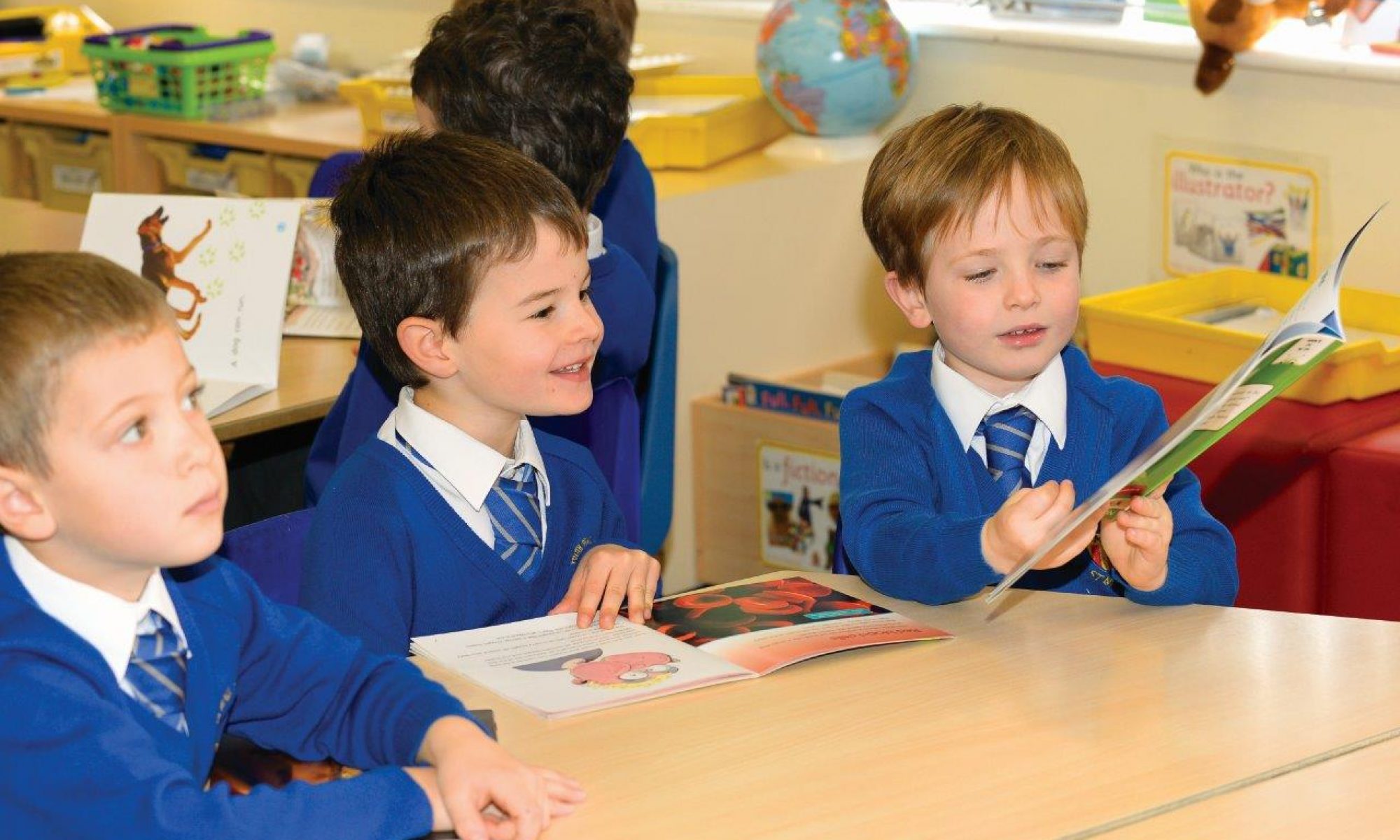
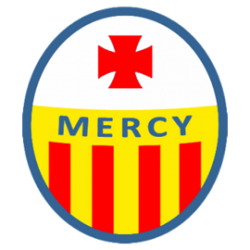
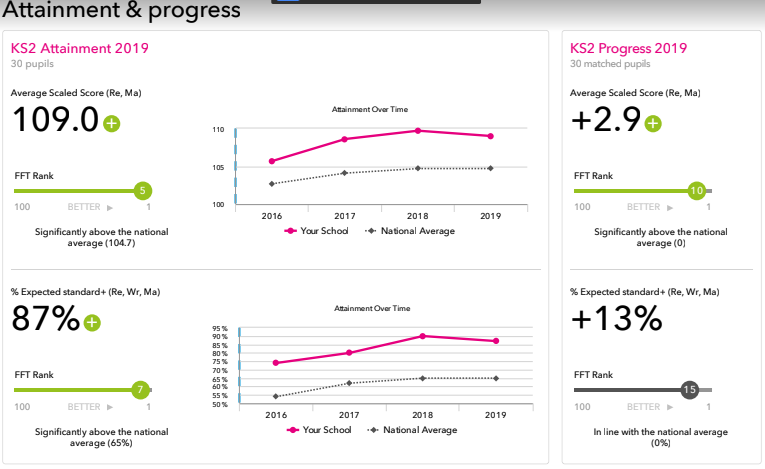
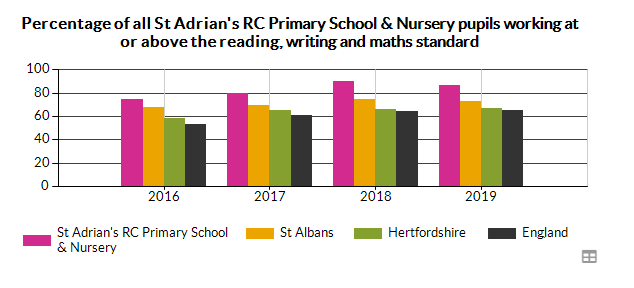



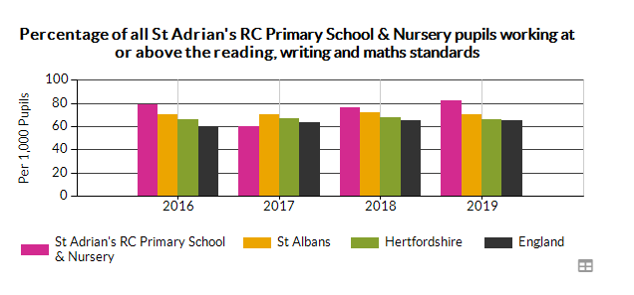
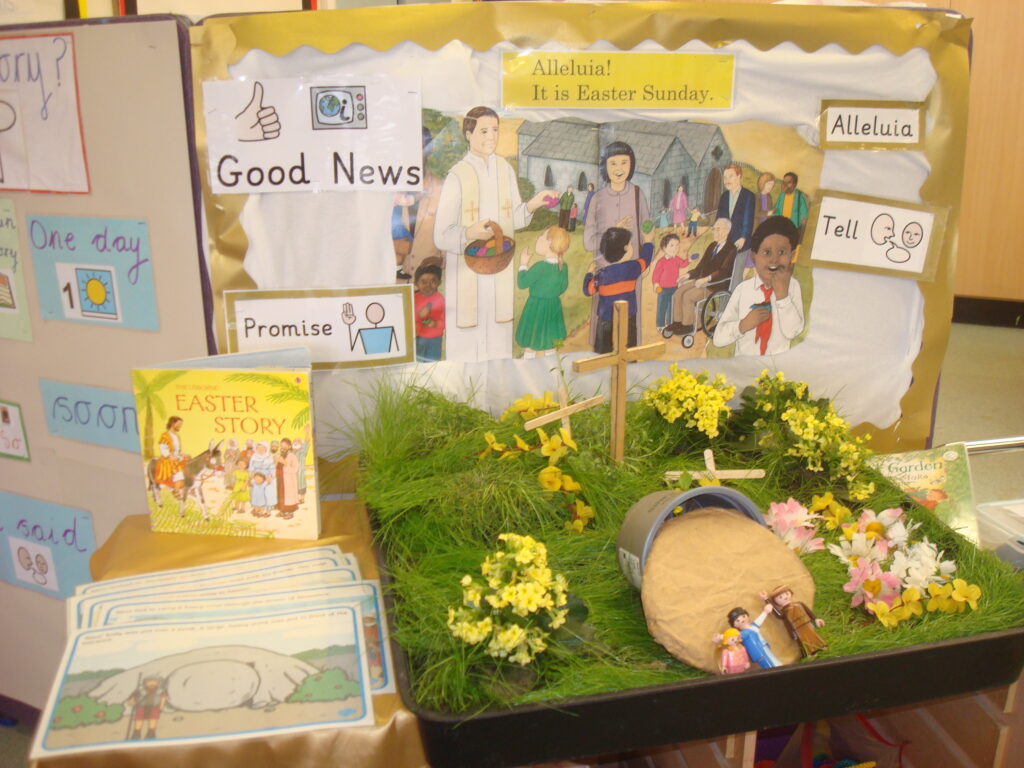
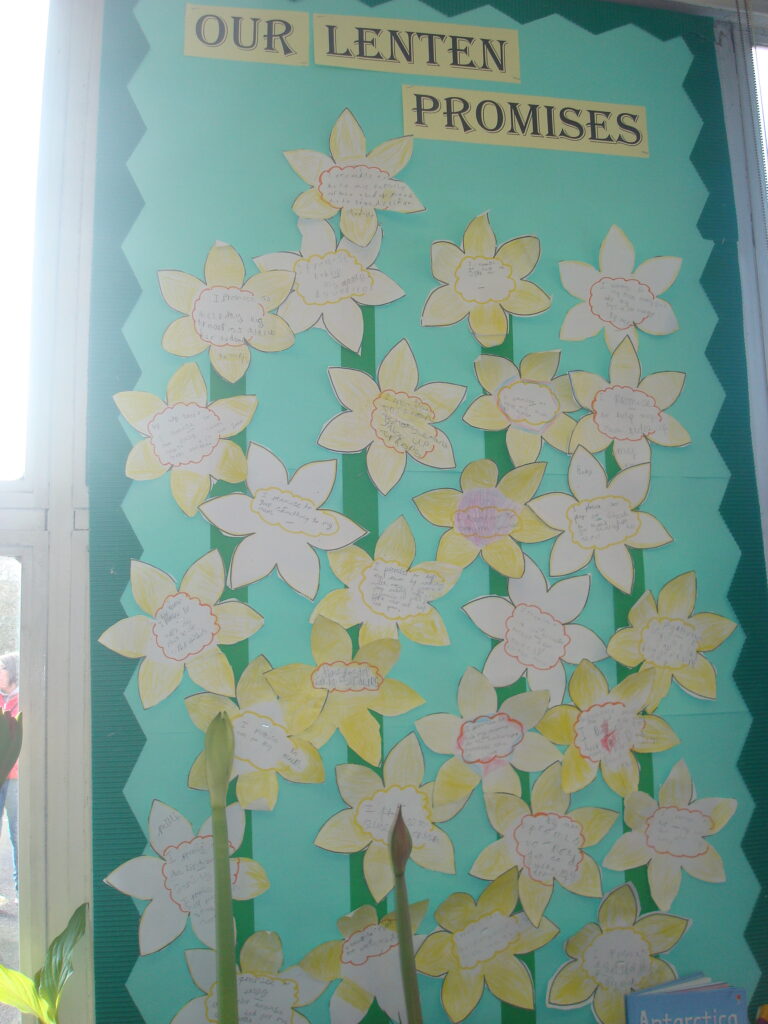
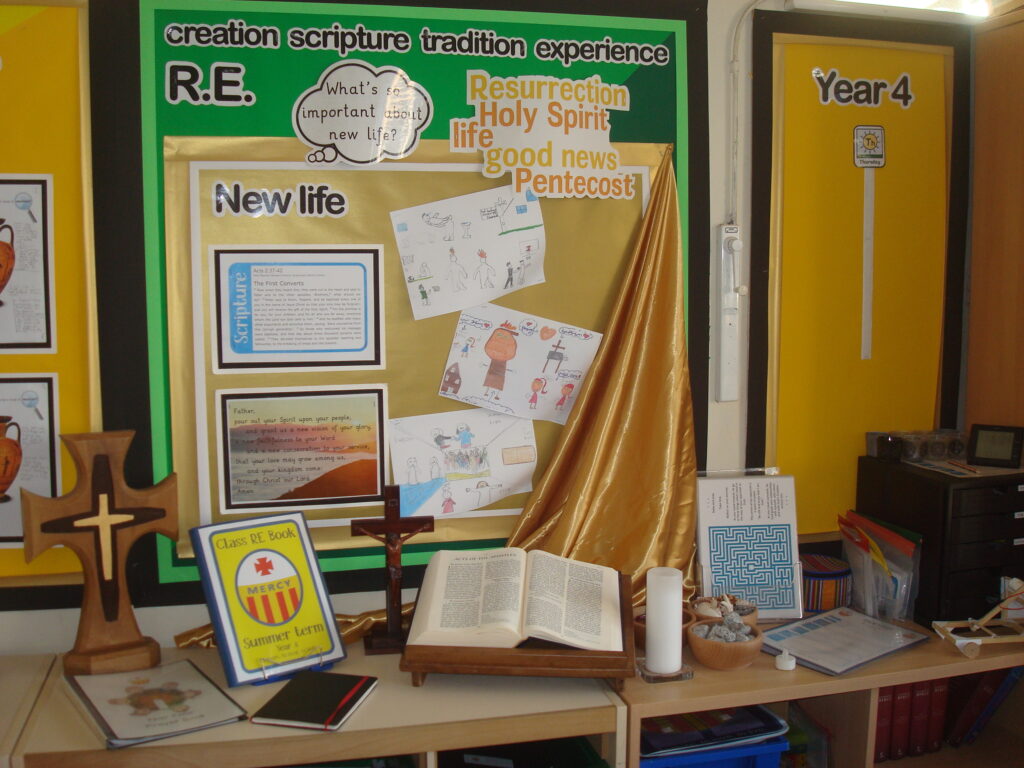
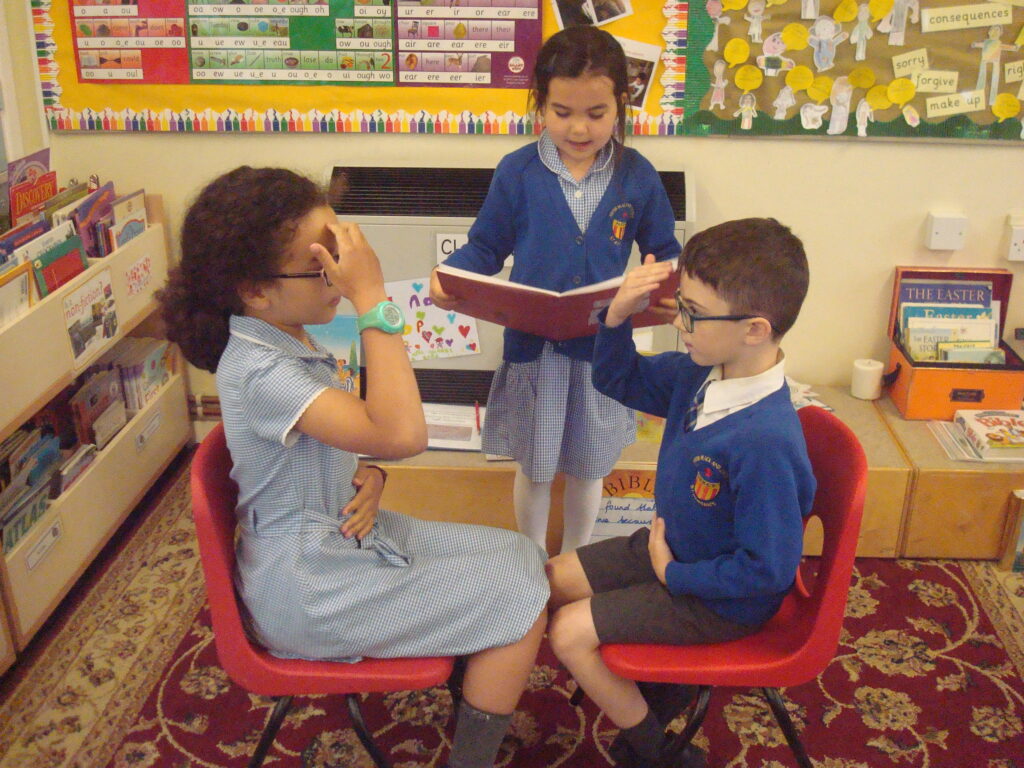
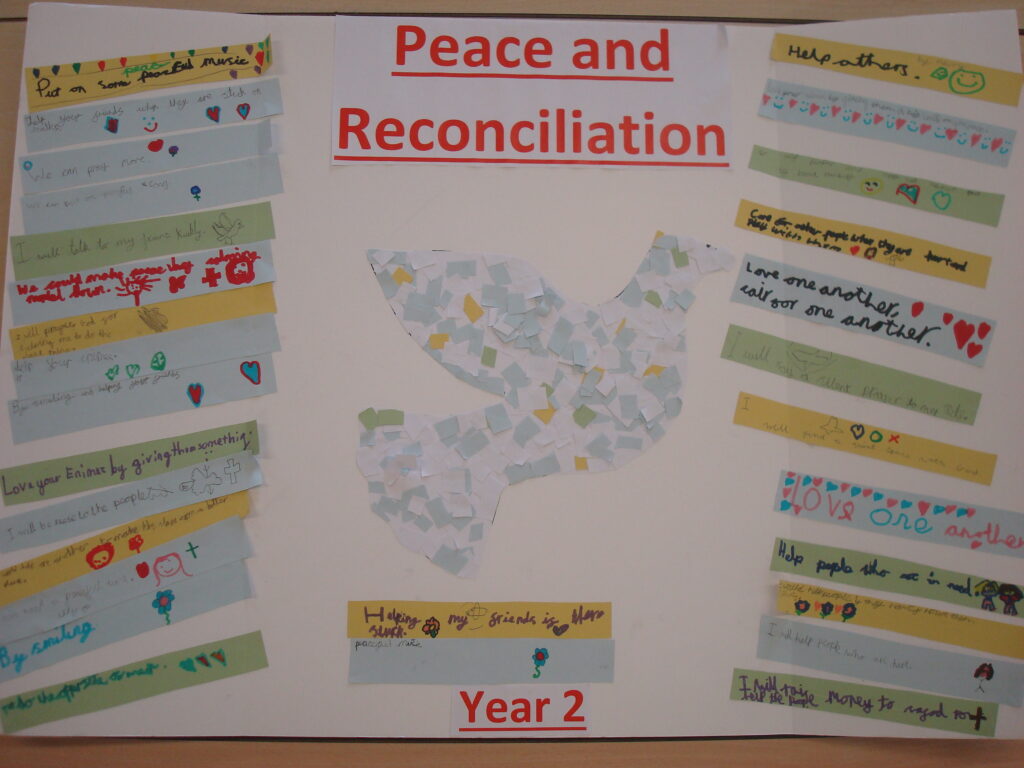

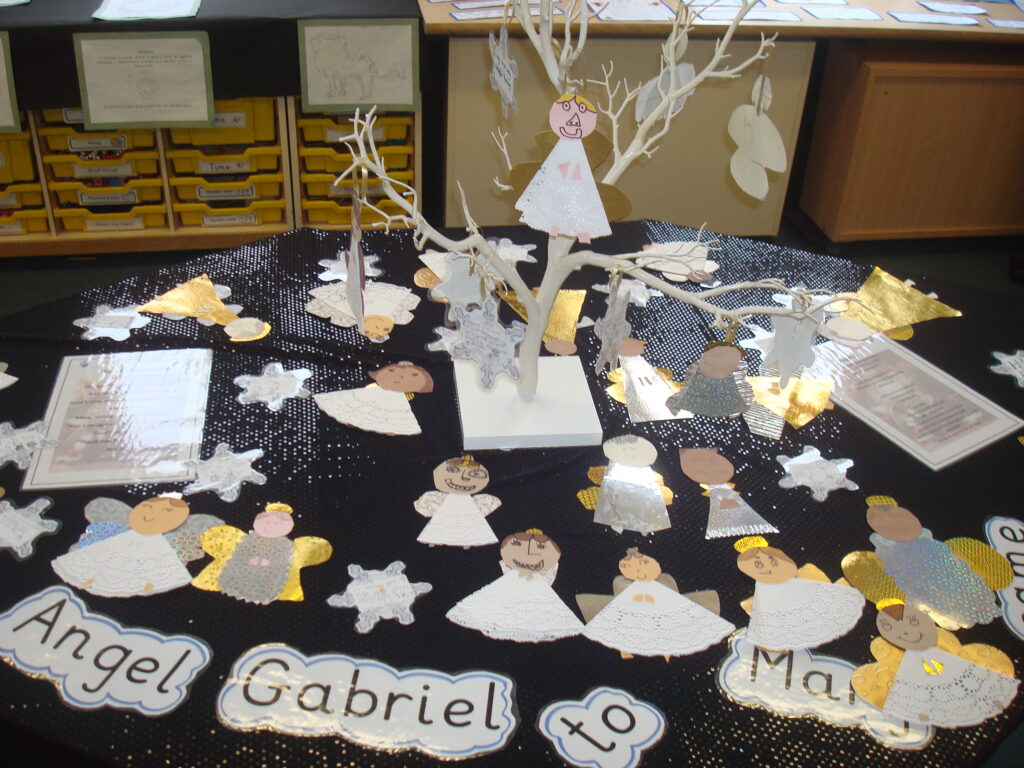

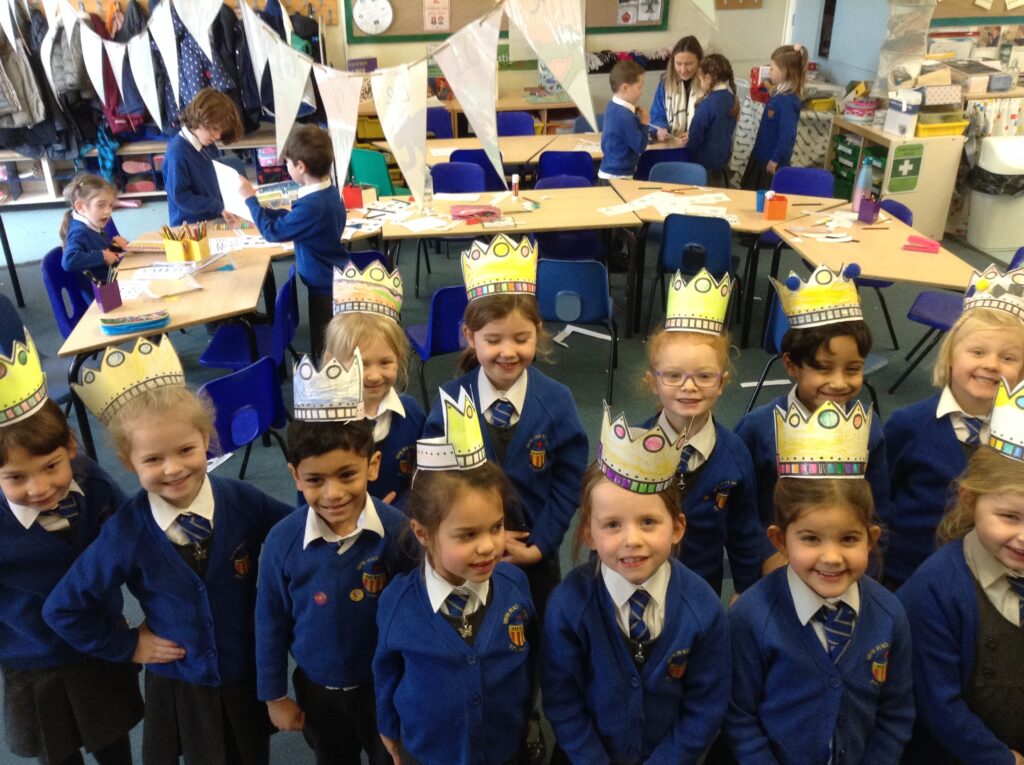
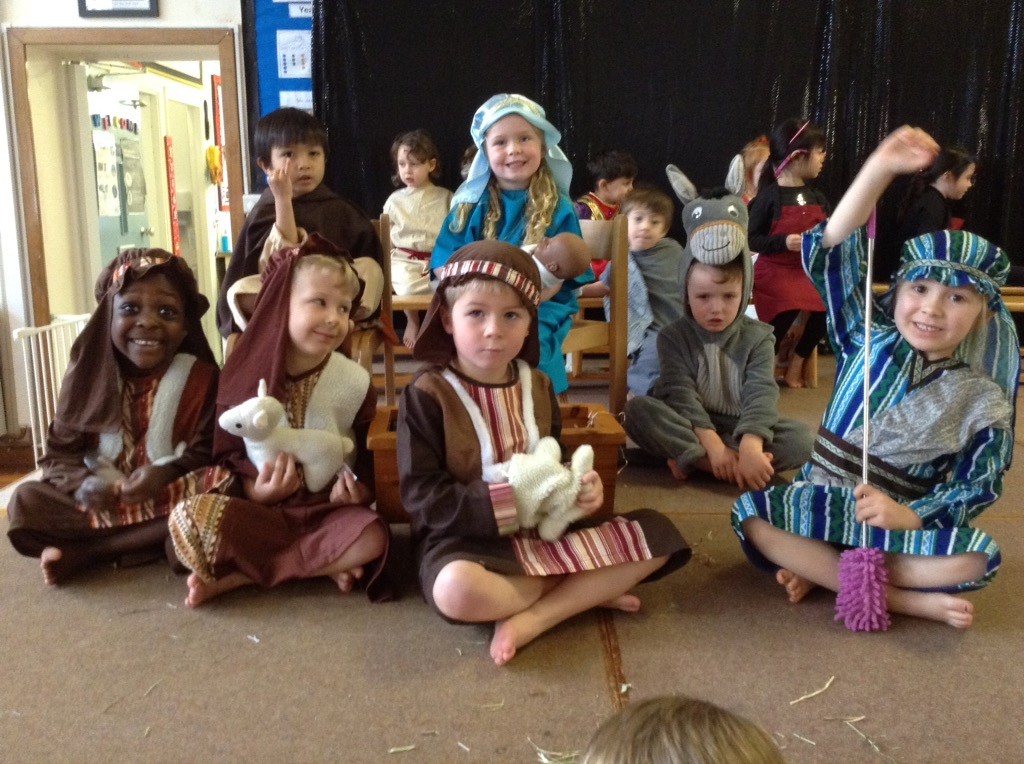
 Throughout the school, we follow the ‘Come and See’ scheme of work, which covers an extensive range of theological studies. As well as learning through weekly RE sessions, this thematic approach enables RE to be taught through other subject areas, thereby providing the children with opportunities to make connections. There are also numerous opportunities for extended writing in RE and to enhance RE learning through Art and Computing.
Throughout the school, we follow the ‘Come and See’ scheme of work, which covers an extensive range of theological studies. As well as learning through weekly RE sessions, this thematic approach enables RE to be taught through other subject areas, thereby providing the children with opportunities to make connections. There are also numerous opportunities for extended writing in RE and to enhance RE learning through Art and Computing.